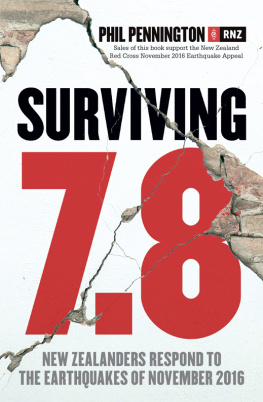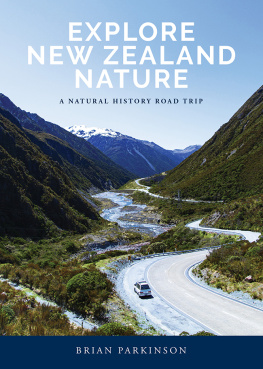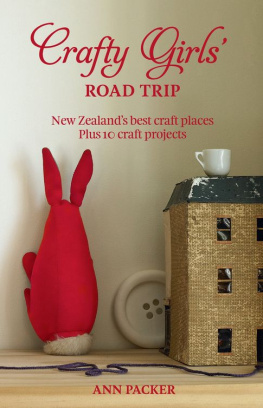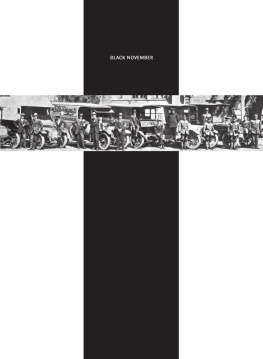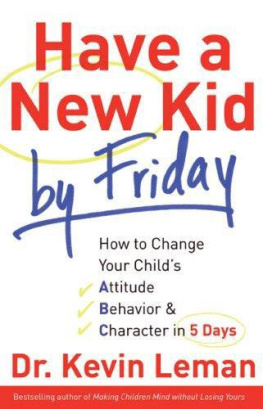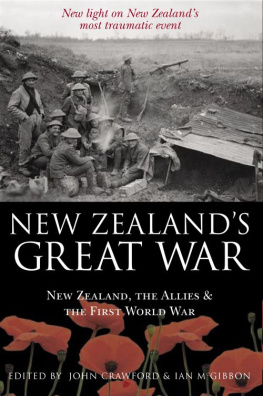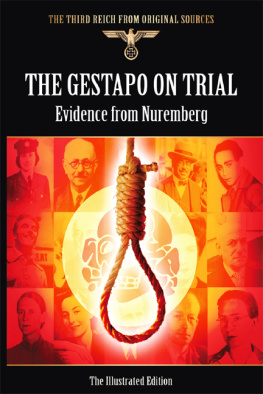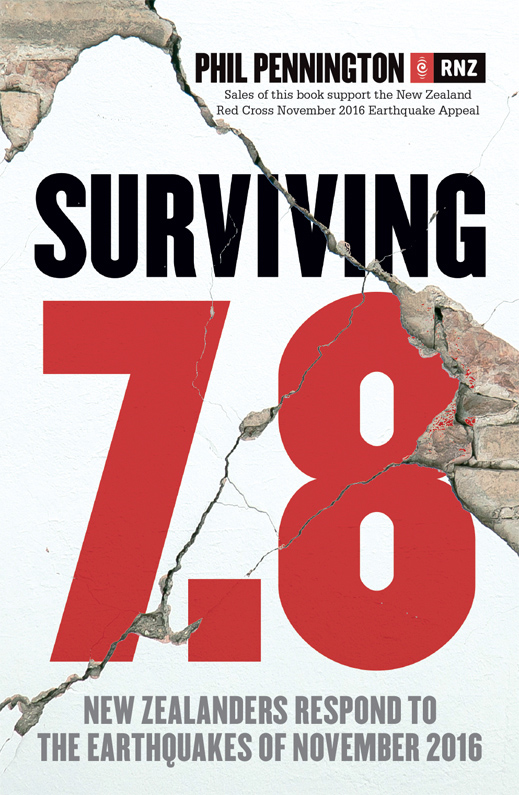Dedicated to the people of the Kaikura and
Marlborough districts
New Zealand Red Cross 2016 Earthquake Appeal
Within hours of the 7.8 earthquake on November 14, 2016, New Zealand Red Cross established the November 2016 Earthquake Appeal, enabling generous and caring people and organisations from across New Zealand and around the world to support the people affected. Contributions from the sale of this book will go to this appeal, and to support the training and resources of Red Cross Disaster Support and Welfare Teams, so that they are ready to respond to the next disaster in New Zealand, wherever it may be.
Contents
Guide
Were rising up we didnt expect we were going to rise 2 metres, but were rising up
Rob Roche, to RNZ, Nov 30
This book is about the people who survived the Kaikura earthquake of 2016, the worlds second-equal most powerful quake of that year, centred under the dry North Canterbury hills of New Zealand, and one of the most complex earthquakes ever studied by seismologists. The survivors are still recovering.
Just after midnight on November 14, multiple faults ruptured at a speed of 3 kilometres per second. Mountains moved; huge slips plummeted down towards a coast that rose by up to 6 metres. New reefs, 1.5 metres high, now stand exposed where before there was only sea. As if that wasnt enough, the quake also completely cut off the tourist town of Kaikura. A thousand tourists needed urgent evacuation, but there was no way in by land for days. Whale-watching boats were stranded at their moorings for weeks, and peoples livelihoods disrupted for months on end. The place on which they stand has been changed irrevocably.
I was in the first team sent by public broadcaster RNZ to the heart of the damage zone, just hours after the quake. I experienced the incredible shaking myself at my home in Wellington, and was out on the streets reporting within the hour; that story is told here, too. No buildings fell, but many were damaged and had to be evacuated, and some have since been demolished. In responding, RNZ drew on all its experience, including that of reporting on the Christchurch earthquake of February 2011, which killed 185 people.
The RNZ news teams reporting of the night of the Kaikura quake, and the events that followed, has been essential for the public to grasp the magnitude of what has occurred. This has been one of the most significant events to be covered in the history of New Zealand public radio; it was, I believe, the first time that cash-strapped RNZ chartered a helicopter on its own to get its people in and not just once, but many times.
This book is a distillation of that reporting. At its heart are the people we met and spoke with. I have transcribed interviews with dozens of people who went through the quake; the pictures by RNZ video journalists tell their own story; and I have included social media comments about the events from dozens of others. You may find one of your own tweets here. Jacqueline Pantenier, whom I think lives in Louviers, France, sent this one in response to the story about Mark Solomon and his ruined home: Un homme courageux. That sums up what you are about to read.
Phil Pennington
Wellington
December 2016
Is everyone OK? #eqnz
RNZ, tweet, Nov 14, 12.08am
I thought the world was coming to an end
Julia King, Clarence River, to RNZ, Dec 12
Yes, Wellington, we are undergoing a fairly dense earthquake at the moment this is long and rolling and getting worse I can honestly say I doubt I will be able to stay in the chair for much longer
presenter Vicki McKay, RNZ news bulletin, Nov 14, 12.02am
12.02am
youll just never believe what has happened
Rebekah Kelly, Hurunui, to RNZ
Stealth and power these are the hallmarks of a major earthquake. It arrives unheralded at the spot on which you stand or the bed in which you lie, and sends you reeling. Your family or friends can be all around you, next to you, clutching you, and you cannot help them; your partner may be on the other side of the bed, your child may be under a table across the room, and in that moment you are powerless to reach them and powerless to stop the shaking and swaying. In those moments, you feel tiny and the forces beneath you massive, even malevolent. You are caught up in a geological rollercoaster ride from which there is no way off and for which there is no stop button. You feel as though you have been king-hit by the very Earth casting aside its moorings. It would be an awe-inspiring thing to go through if it wasnt so damn frightening; if it wasnt so damn unpredictable; if it wasnt so damn unstoppable.
Two minutes and 56 seconds past midnight on November 14, 2016, and RNZs Vicki McKay, who has been doing the graveyard shift (from midnight to 6am) for longer than the decade Ive been around at the radio network, has only just eased herself into the presenters chair for what she thinks will be another routine night on air, when she is ambushed:
Yes, Wellington, we are undergoing a fairly dense earthquake at the moment this is long and rolling and getting worse I can honestly say I doubt I will be able to stay in the chair for much longer
Vicki has to grab the table to stay by the microphone as her chair rolls around under her. My chair moved sideways, but I was being bounced up and down, she says. I did wonder about the huge noise coming at me from above, and thought maybe the ceiling would collapse. Ive found out since that it was because the music library, the biggest in New Zealand, is on the floor above, directly above me, and the huge cabinets had banged and crashed into one another. One listener writes in: I dont know why she didnt run screaming from the studio.
Instead, Vicki stays glued to that chair for the 2 minutes of the quake itself, and then for the next 5 hours as the public voice of a major disaster. RNZs digital team joins in, doing online what Vicki is doing on air. Vicki presents the news, and with Susie Ferguson talks to callers, interviews reporters in the field and seismologists in the studio, relays the latest Civil Defence warnings, and reads out the tweets and texts as they come in.
@radionz It woke us up in Kaponga, Taranaki. It felt like a massive train was roaring past the house
Brad Markham, tweet, 12.10am
@radionz felt in Gore thought I was going mad
Kim Johnson, tweet, 12.13am
@radionz Moved our house from side to side for a while in Hamilton
JNW Ellis, tweet, 12.16am
A swathe of central New Zealand has been jerked from deep sleep to turmoil. Don McIntosh is in bed in his new home in Mt Lyford village, in the hills inland from Kaikura, when the earthquake hits. I honestly thought that we wouldnt make it or that we would come out of here seriously injured, he says. Stephanie Wang of Texas is in Kaikura itself, asleep at The Albatross backpacker hostel. I was on the top bunk so I thought I was going to die, I thought I was going to fall off the bunk. Instead, she leaps from the top without using the ladder and flees outside. Anna Barrett is in a central city hotel in Wellington with her husband and daughter. She is from Thailand and has never felt a large quake: Oh my gosh, the building is just like swinging, you know. There is the odd bit of understatement: @radionz a lil shaken, tweets Bex Martelletti at 12.10am.
It is without doubt the biggest earthquake I have ever felt. I and my family are shaken from sleep in the Hutt Valley, 2 hours after going to bed with a faint feel of the back-to-regular-work-and-school blues about us. All of us are half-pitched, half-scramble out of bed. My wife and I run for the kids, grab them where three bedroom doors intersect in the bungalows main hallway, and hold on. At least we can run; at least we can stand. The house yaws and sways. It goes on for what seems to be an age; it appears to be over in a second both of these hold true when I think back. I cant recall hearing anything at all, but others tell me there was a roaring or crashing or rumbling. I admit to uttering an extreme expletive as I grasped my daughters shoulders, ducked in the doorway. The kids eyes are wider than Ive ever seen before. Thousands of others are also finding it gutclenchingly terrifying.

